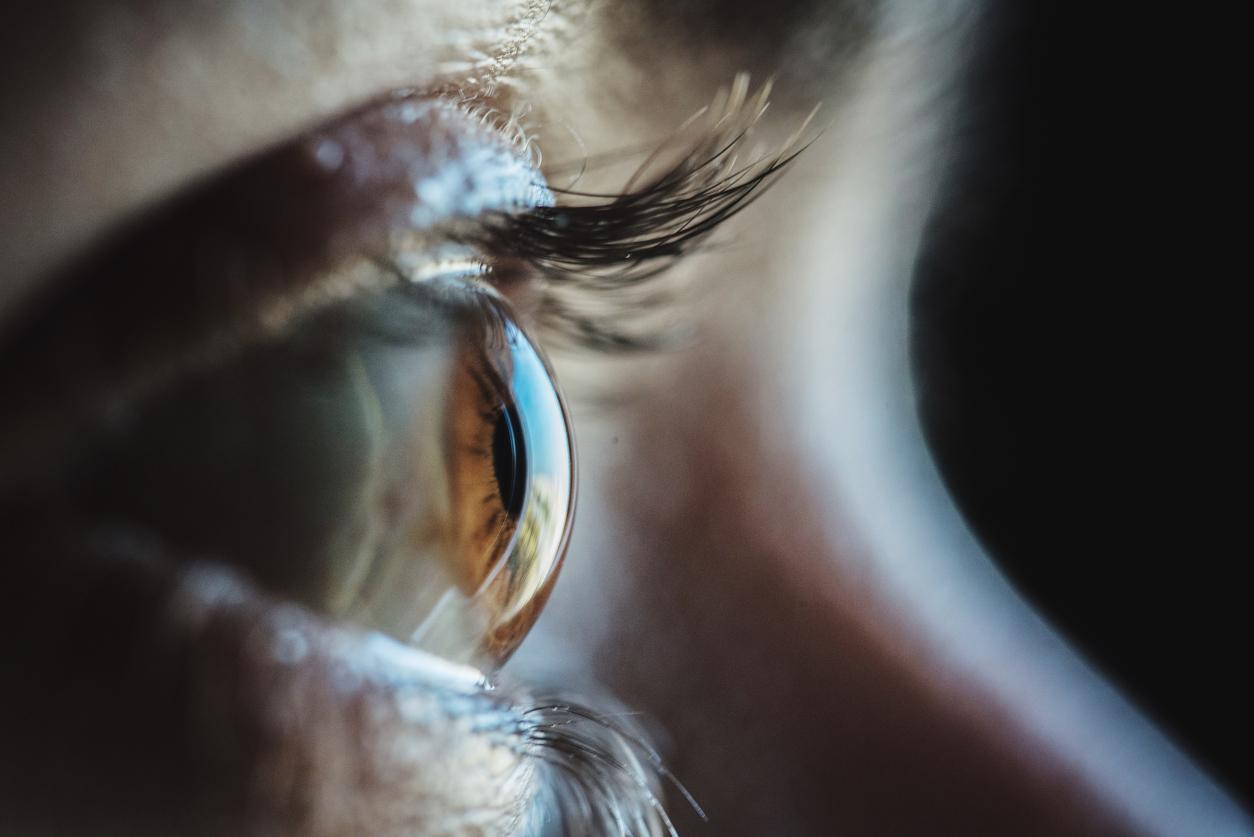A recent study shows that there is a correlation between creativity and mental illnesses. According to this work, artists are more exposed to schizophrenia, depression or bipolar disorder.

Do you need a touch of madness to become a great artist? The painters Van Gogh, Salvador Dali or André Breton confirm this theory. Science is also closely interested in this strange causal link. As evidenced by a recent and extensive study published in The British Journal of Psychiatry, which has shown that a creative mind is more likely to develop mental disorders such as bipolar disorder, depression or schizophrenia.
To reach these conclusions, researchers at Kings College London studied the medical records of 4.5 million Swedish students to assess their mental health. The scientists took into account the artistic activities that some of the volunteers practiced at the university (music, theater, writing etc.)
Increased risks of depression and bipolarity in artists
During their research, the study authors found that people who engaged in artistic activities most often were 90% more likely to be hospitalized with cases of schizophrenia, compared to those who did not engage in art. artistic activity. A large number of hospitalizations of these people take place around the age of 30, specify the researchers.
In addition, student artists are 62% more likely to be prone to depression and 39% more likely to develop bipolar disorder. The researchers specify that it is not the simple fact of going to the university that triggers these disorders in the participants, since law students (most certainly also subjected to a significant level of stress), are less exposed to mental illnesses.

How to explain this link?
For the lead author of this study, James McCabe, artists are perhaps more likely to think deeply and be emotionally unstable, which makes them more vulnerable and exposes them to psychic imbalances, like the depression. In addition, periods of productivity and high energy are linked to both creativity and bipolar disorder, notes the scientist.
James McCabe also explained to the review New Scientist that the genetics behind creativity could also influence mental health. “Creativity often involves connecting ideas or concepts in ways that other people wouldn’t think of.”
This is not the first time that a genetic factor has been mentioned to explain the link between creativity and mental disorders. In 2015, a study published in the journal Nature Neuroscience has shown that creative people have genes that predispose to psychiatric disorders. The genetic data of over 96,000 Icelanders were reviewed. The individuals have been classified into two groups: creative or not.
For the researchers who carried out this work, creativity is characterized by cognitive processes that are different from the rest of the population. Genetic data supports this hypothesis: Scores show that creativity lies halfway between good mental health and psychiatric illness.
.















